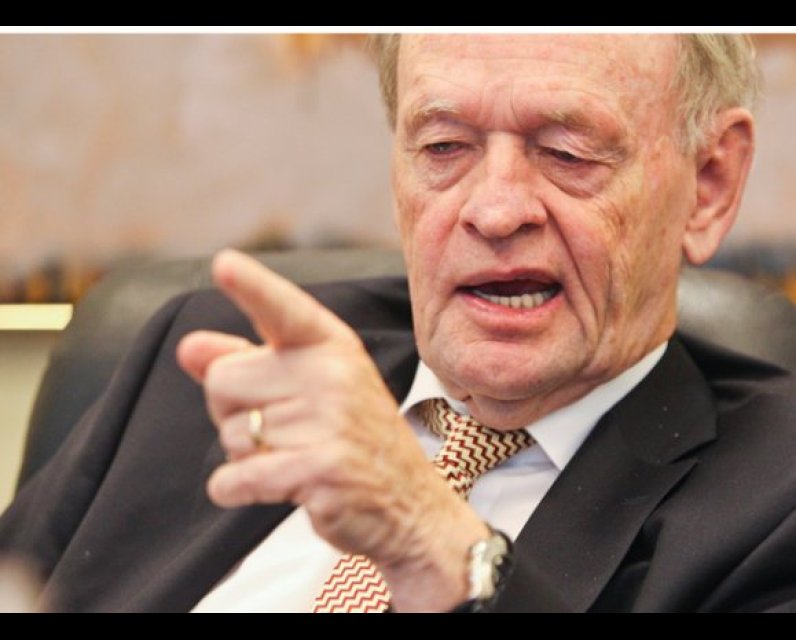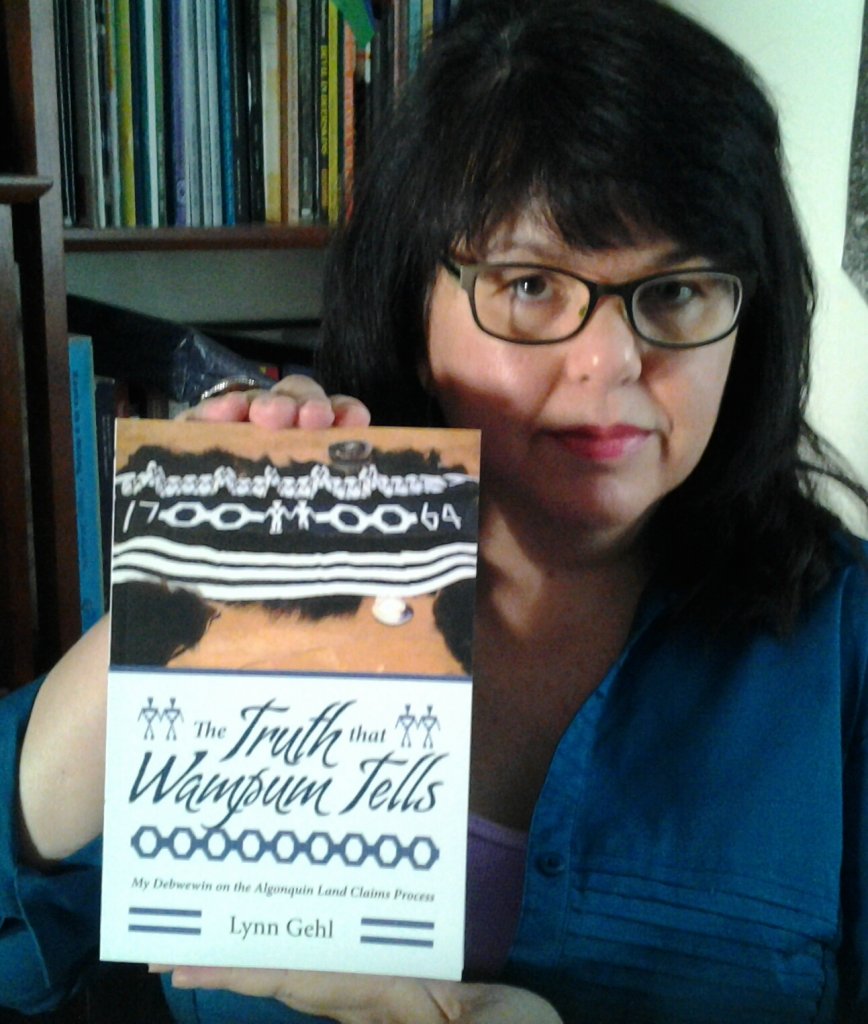Unpublished Opinions
Lynn is an Algonquin Anishinaabe-kwe from the Ottawa River Valley, Ontario, Canada. She describes herself as a learner-researcher, thinker, writer, Black Face blogger, and she has been an Indigenous human rights advocate for 25 years. Lynn works to eliminate the continued sex discrimination in the Indian Act, and she is also an outspoken critic of the contemporary land claims and self-government process. She has a doctorate in Indigenous Studies, a Master of Arts in Canadian and Native Studies, and an undergraduate degree in Anthropology. She also has a diploma in Chemical Technology and worked in the field of environmental science for 12 years in the area of toxic organic analysis of Ontario’s waterways. While advocating for change is currently part of what she does, she is also interested in traditional knowledge systems that guide the Anishinaabeg forward to a good life.
Along with many journal and community publications, she has three books:
Anishinaabeg Stories: Featuring Petroglyphs, Petrographs, and Wampum Belts
The Truth that Wampum Tells: My Debwewin on the Algonquin Land Claims Process
Mkadengwe: Sharing Canada’s Colonial Process through Black Face Methodology
Chretien is blinded by his paradigm

When I read this article (see links) the other morning regarding Jean Chretien’s views about how to best address the crisis in Attawapiskat I was floored. I walked around in circles in my small apartment as my only way to cope with the emotions his ignorance manifested. I was shocked at his incredible ignorance, and so I am yet again compelled to write a response as an unwaged Indigenous advocate while at the same time many Canadian politicians and parliamentarians are paid big bucks to spew the non-sense of an economic paradigm that lacks a moral code that as such serves no one, not even them and their families.
They still do not get it, not at all!
Yes, that is what I said; an economic paradigm that lacks a moral code and that serves no one. Contrary to what most people know consciously all people exist within cultural worldviews also referred to as paradigms. We are all born into them where as we age our parents, families, and communities walk us deeper and deeper into them with beliefs, stories, rituals, songs, and dances. While some paradigms are sustainable, other paradigms are completely destructive. This is particularly true of the current economic paradigm that the industrial era and capitalism has ushered in. Indeed humans are pitiful in some of the things they create.
The current economic paradigm is costing us all
The beliefs and assumptions that the current economic paradigm rests on are progress at all costs where the land, women, the elderly, and children are secondary. While it is pretty clear that this economic paradigm is not working for Indigenous people it is also not working for all Canadians. Let’s face it if Indigenous people lack clean water, air, and land, so do all Canadians. Sadly, it seems that Indigenous people are the canaries of an un-well paradigm and its sick societal structures and blind decision makers.
They are all blinded by their paradigm
We all know our water is in jeopardy by this current model of the world. Why is it then that Prime Ministers (past and present) and parliamentarians are unable to perceive the error of their ways? Have they become blind to the limitations of the paradigms and the biases they spew? Contrary to Chretien’s view, the issues are not about geographic isolation, not about a lack of economic activities, not about un-educated Indigenous people, nor is it about Indigenous people feeling nostalgic about the land. For goodness sakes Chretien really needs to pull his thinking out of a paradigm that does not even serve his own family. Otherwise he will continue to miss what is really needed.
It is about human dignity
At a basic level the issues that Indigenous people are struggling with are about living with a lack of human dignity, more specifically about the long term denial of human dignity as manifested through colonial policy and laws that denied and continues to deny Indigenous people their fundamental rights: Good clean warm housing for each family, a proper sewage elimination and treatment system, and a clean water supply. These are basic human rights that all people are entitled to regardless of the cost to the nation state.
Meaning is the myelin sheath of the human spirit
At another level the issues are about the human right to construct institutions and governance structures such as an education system and medical system that are meaningful to the people. People have a right to feel good about who they are and a right to experience themselves within meaningful societal structures. Canada continues to deny Indigenous people their basic human right through imposing on them what Canada the nation state thinks is best for the people.
First listen, and then act
If you want to help people the first thing you need to do is listen to them. Listening, though, is not enough in that you must also put the knowledge gained into concrete action as per the peoples’ requests. Again, it is a mistake for Canada to think that they know what is best for Indigenous people. This is especially so if the people making the decisions are trapped in the wrong paradigm. While certainly in the immediate many things can be addressed with money, such as housing, water, and sewage issues, a complete paradigm shift is required.
Indigenous people need to be active agents in their lives, they must be the people who are making the decisions for their families and they need the resources to manifest these decisions. The best and only way that Canada can do this is through honouring the nation-to-nation relationship that is rooted in the equal sharing of the land and resources. How can a people be happy and healthy when a dominating and oppressive culture, situated in an assumptive and destructive paradigm, maps on top of them what they think is correct, right, or the best way to live as people, let alone do it using economics as the defining tool of destruction?
Cultural Genocide
Canada’s second-generation cut-off rule as codified in the Indian Act; Canada’s unstated paternity policy that denies a child their treaty rights when the father’s signature is lacking on their birth certificate; and Canada’s comprehensive land claims policy that offers − as in the example of the Algonquin in Ontario − 1.3 % of our traditional territory and a $300 million one-time buy-out; and Canada’s policy of desecrating incredibly meaningful sacred places such as Chaudière Falls and the islands downstream, are all acts of cultural genocide. Contrary to what most people think cultural genocide is a much more insidious being and is pure evil in that it has the ability to take place within the very sight of so-called good people blinded by their paradigm.
Nation-to-Nation
Indigenous people need our equal share of our land and resources, the very land and resources needed to live a good live. We need these resources to manifest our basic human rights such as good clean water and sewage systems, and we also need resources so we can build meaningful structures that speak to us such as an education system that is built on our knowledge philosophy and paradigm, and a medical system that is built on our understanding of the human condition – one that values the nature and importance of the human spirit.
The thing about cultural genocide is that it shape shifts into suicide
Many people are unaware that Raphael Lemkin defined genocide in cultural terms. His definition of genocide has two phases: one, the destruction of the national pattern of the oppressed group; the other, the imposition of the national pattern of the oppressor.
Indigenous people have a right to rebuild their nations, communities, and societies as they dream them to be. Indigenous people have the right to move out from under Canada’s paradigm and the genocidal policies and laws Canada manifests that as such continue to harm us. Otherwise, suicide due to Canada’s genocidal policies will continue.
Who really needs an education?
The biggest barrier that most of Canada’s Prime Ministers and subsequently many Canadians and others have, stuck in the pitiful economic paradigm, is the inability to perceive the reality that there is a much more valid and sophisticated parallel paradigm sitting beside the current destructive economic model of the world. If education is key, as Chretien suggests it is, it is the education that Canada’s Prime Ministers (past, present, and future), parliamentarians, and law and policy makers require – not Indigenous people. Specifically, Canada needs to be taught to see the limitations of their destructive paradigm. This is a vision disability that can be resolved, that is if the people are willing to listen, think, and learn.
See also: http://www.cbc.ca/beta/news/politics/chretien-attawapiskat-1.3533331
Lynn Gehl, Ph.D. is an Algonquin Anishinaabe-kwe. She is an outspoken critic of colonial law and policies that harm Indigenous women, children, and the land. Her book, The Truth that Wampum Tells: My Debwewin on the Algonquin Land Claims Process, published by Fernwood, is available from Lynn’s website: www.lynngehl.com
http://www.lynngehl.com/2-truth-that-wampum-tells.html



Comments
Be the first to comment